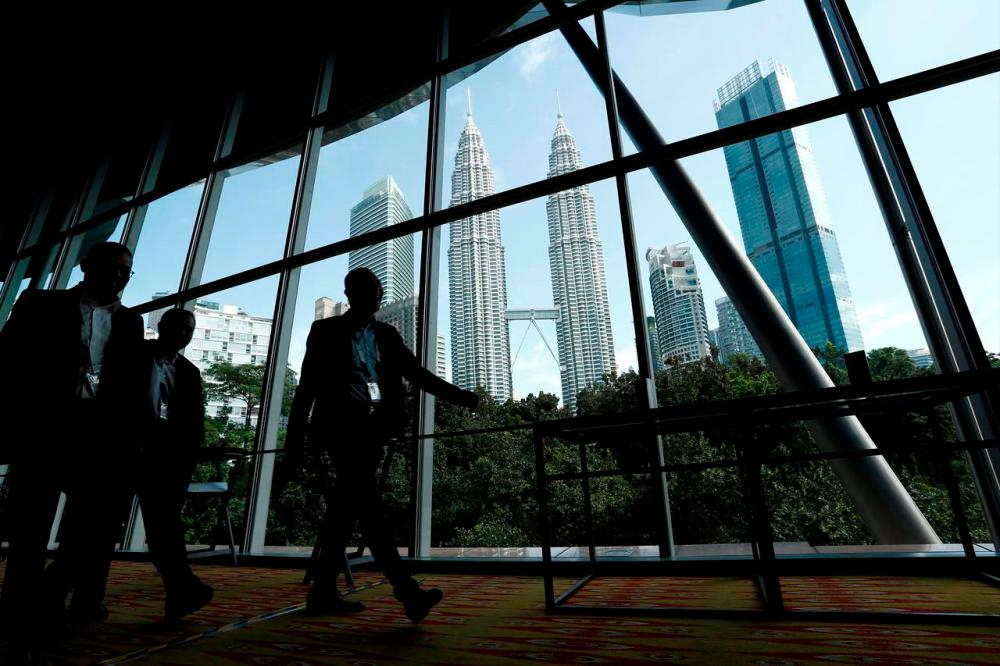PETALING JAYA: The Economist Intelligence Unit, the business intelligence unit of London-based media company The Economist Group, is projecting Malaysia’s gross domestic product (GDP) to expand by 4.4% in 2020, similar to the economic growth seen in 2019.
The Economist Corporate Network Southeast Asia director Pamela Qiu said Malaysia can expect to reap strong benefits in the automotive and ICT sectors, as investors look to relocate from China in response to trade war tensions.
“Malaysia has a lot of inherent advantages when it comes to infrastructure. While Vietnam is facing supply chain capacity constraints, Malaysia does not have as much of a problem due to its land capacity.
“Malaysia also has a large English-speaking population to help support its workforce. In addition, you have a very strong history of automotive manufacturing and ICT manufacturing which you can build on,” Qiu said in a statement.
International Trade and Industry Minister Datuk Darrell Leiking said Malaysia has to invest in more research and development (R&D) in the agricultural sector.
““We have vast land, and were once a major agricultural producer. In Sabah, we are seeing businesses planning to produce avocado and industrial hemp.
“In Malaysia, we in the government will continue to introduce financial incentives for businesses that put R&D at the forefront, towards increasing manufacturing productivity and export capabilities,” he said.
On the global front, Qiu noted that growth rates in Asia will still be muted, but still better when compared against the rest of the world.
“The good news is that global aggregate growth will improve to 2.4% it’s good news, but if you dig below the surface, our analysis shows that the reason is not because of expanding economies, but because recessions in emerging markets like Argentina and Venezuela are getting shallower,” she said.
In addition, despite the US and China signing “phase one” of a trade deal last week on Jan 15, 2020, Qiu does not expect the trade war to come to an end in the next 12 months.
“We do not think that the phase one trade deal was a groundbreaking deal. Many of the issues that were discussed for months revolved around agriculture products and currency, which China had already explicitly stated that they will agree to.
“One positive from the phase one deal is de-escalation of the threat of even more tariffs, but it does not fundamentally change the picture of the tariff situation, nor of the strategic competition between the two countries,” she commented.










